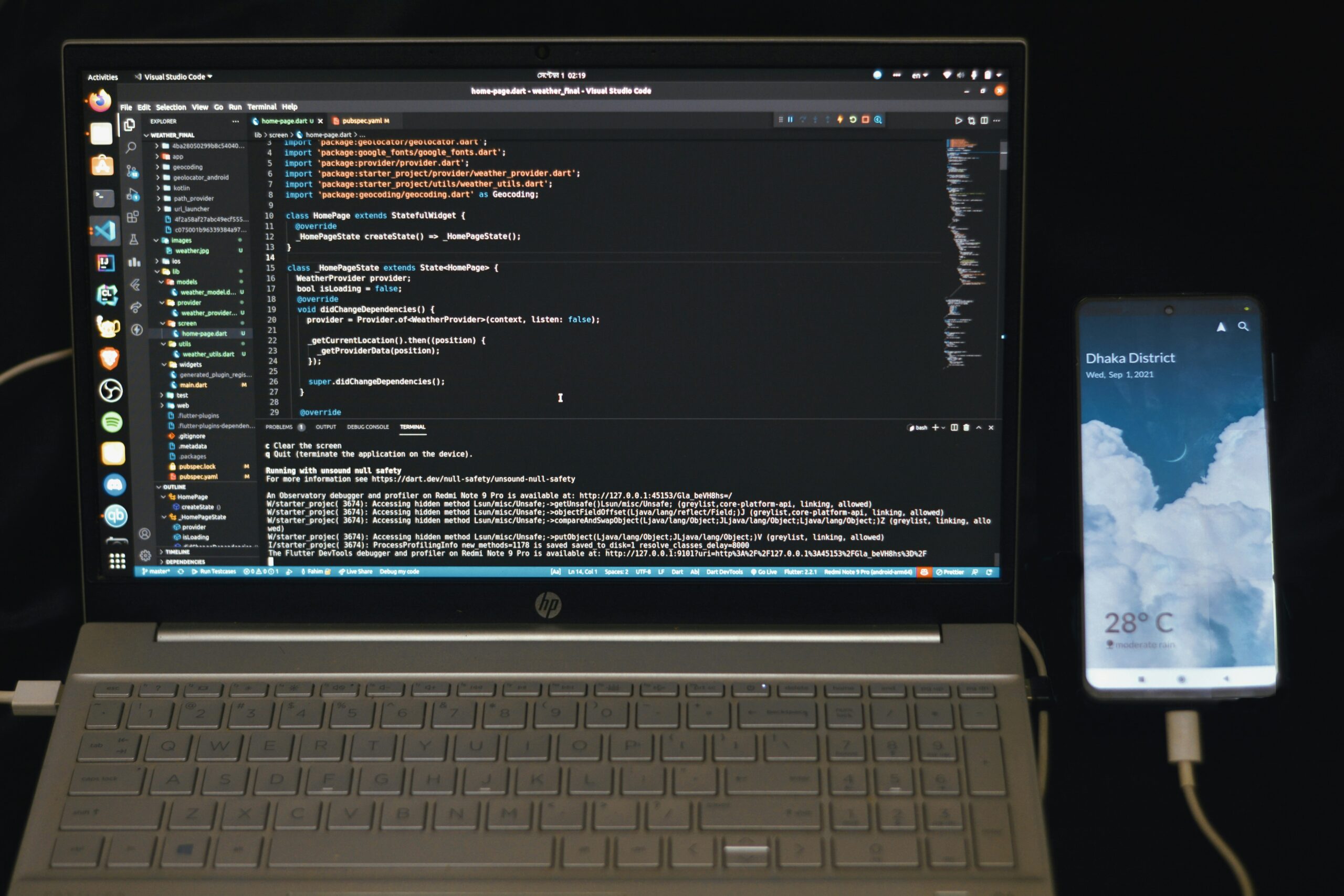Mobile application development refers to the process of creating software applications that run on mobile devices such as smartphones and tablets. With the increasing popularity of mobile devices and their widespread use in our daily lives, mobile application development has become a crucial aspect of the technology industry.
Mobile applications, or apps, are designed to provide specific functionalities and services to users. They can be downloaded and installed on mobile devices from app stores such as the Apple App Store or Google Play Store. Mobile apps offer a wide range of features, from social networking and gaming to productivity and utility tools.
Why is Mobile Application Development Important?
In today’s digital age, mobile applications have become an integral part of our lives. They have transformed the way we communicate, work, shop, and entertain ourselves. Mobile apps have made it possible for us to access information and services on the go, anytime and anywhere.
For businesses, mobile application development is crucial for reaching and engaging with their target audience. A well-designed and user-friendly mobile app can enhance customer experience, increase brand visibility, and boost customer loyalty. It can also provide valuable data and insights about user behavior and preferences.
The Mobile Application Development Process
The mobile application development process involves several stages, including:
- Planning and Conceptualization: This stage involves defining the goals and objectives of the mobile app, identifying the target audience, and brainstorming ideas for features and functionalities.
- Design: In this stage, the visual and user interface (UI) design of the app is created. This includes creating wireframes, mockups, and prototypes to visualize the app’s layout and navigation.
- Development: The development stage involves coding and programming the app’s functionality. This includes writing the backend code, integrating APIs, and ensuring compatibility with different mobile devices and operating systems.
- Testing: Once the app is developed, it undergoes rigorous testing to identify and fix any bugs or issues. This includes functional testing, usability testing, and performance testing.
- Deployment: After the app passes the testing phase, it is ready for deployment. This involves submitting the app to the respective app stores and following their guidelines and requirements for publishing.
- Maintenance and Updates: Once the app is live, it requires regular maintenance and updates to ensure its smooth functioning, security, and compatibility with new devices and operating system versions.
Skills and Technologies in Mobile Application Development
Mobile application development requires a combination of technical skills and knowledge of various programming languages and frameworks. Some of the commonly used technologies in mobile app development include:
- Java: A popular programming language for Android app development.
- Swift: The programming language used for iOS app development.
- React Native: A cross-platform framework for developing mobile apps using JavaScript.
- Flutter: An open-source UI software development kit (SDK) for building natively compiled apps for Android, iOS, and other platforms.
- HTML5, CSS, and JavaScript: These web technologies are often used for hybrid app development.
Additionally, mobile app developers need to have a good understanding of user experience (UX) design principles, as well as knowledge of mobile app security, performance optimization, and data management.
The Future of Mobile Application Development
As technology continues to advance, the field of mobile application development is expected to evolve and grow. With the emergence of new technologies such as artificial intelligence (AI), augmented reality (AR), and virtual reality (VR), mobile apps will become even more immersive and interactive.
Furthermore, the demand for mobile apps is likely to increase as more industries and businesses recognize the benefits of having a mobile presence. From healthcare and finance to e-commerce and entertainment, mobile apps will continue to play a significant role in shaping our digital experiences.
In conclusion, mobile application development is a dynamic and ever-changing field that plays a crucial role in our increasingly mobile-centric world. It offers endless possibilities for innovation and creativity, providing users with convenient and personalized experiences right at their fingertips.
